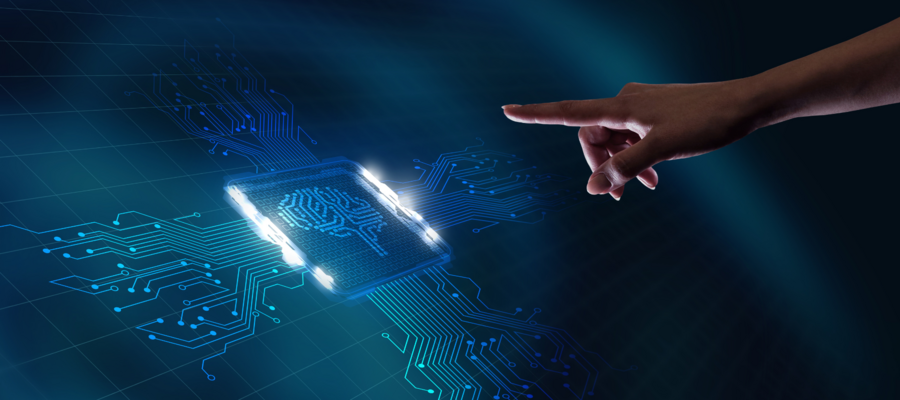In the heart of the bustling digital revolution, Artificial Intelligence stands tall, casting a shadow that reaches far and wide. It's not just about robots or those voice-activated gadgets we've grown fond of. It's an architect, laying the foundation for an entirely new era of work. From corporate boardrooms to innovative start-ups across the globe, everyone is waking up to the new dawn where AI isn’t just an accessory; it's essential. Its influence isn't confined to the here and now. It's actively moulding the very fabric of tomorrow's workforce, redefining roles, expectations, and capabilities. So, as we stand on the cusp of this new horizon, how exactly is AI transforming our future workers and workplaces?
1. Skills that matter
Tomorrow's workforce won't just be defined by traditional qualifications. With AI taking over repetitive tasks, employees will require skills such as critical thinking, adaptability, and creative problem-solving. The future belongs to those who can work with AI, not against it.
2. Lifelong earning
The rapid evolution of AI means that the knowledge shelf-life is shorter. Tomorrow's workforce will be perennial students, always updating their skills, always adapting. On-the-job learning and continuous professional development will become the norm.
3. Collaboration with machines
In the evolving digital landscape, AI isn't striving to overshadow humans but rather to bolster our capabilities. The narrative isn't about replacement, but enhancement. As AI systems become more intricate and intuitive, they're not simply tools but collaborators. Tomorrow's workforce, from healthcare professionals to creatives, will engage with AI in unprecedented ways. A doctor, for instance, might employ AI-driven analysis to identify patterns in patient data, leading to swifter and more accurate diagnoses. A designer, on the other hand, could harness AI's vast knowledge base to draw inspiration from art across ages and cultures. Similarly, in fields as varied as finance, education, or engineering, AI will complement human expertise, offering insights and solutions that might otherwise remain overlooked. This synergistic alliance between man and machine aims to elevate our collective potential, turning AI into a collaborative partner rather than a distant technological entity.
4. Flexibility and remote working
AI-powered tools are heralding a new age of work flexibility, stretching far beyond traditional office boundaries. Enhanced by AI-driven communication platforms, employees can seamlessly collaborate, whether they're sipping espresso in a European café or relaxing on an Asian beach. These platforms can transcribe and translate meetings in real-time, schedule tasks based on individual productivity rhythms, and even automate routine activities, ensuring that distance doesn't hinder efficiency. Moreover, AI ensures secure remote access, with advanced cybersecurity tools safeguarding sensitive data, and adaptive interfaces offering a tailored work environment for each individual. The result? Employees relish a richer work-life balance and businesses benefit from a broader, global talent pool, unshackled by geography.
Beyond Just Jobs: Building a future together
It’s essential to see that AI isn’t here to take over but to transform. As it reshapes the nature of work, it’s bringing forth new opportunities, challenges, and dynamics. Rather than being passive observers, we all have a role to play in guiding this transformation.
Embracing AI means not just updating our tools, but our mindset. It's about preparing ourselves, our teams, and our businesses for a world where man and machine work together in harmony.
Let’s discuss how we can be your trusted partner in navigating the AI-augmented landscape and sourcing candidates who are ready for tomorrow. Eager to understand more about tomorrow's AI-influenced workforce? Reach out to us. We're here to help your business stay ahead, embrace change, and shape the future together.

